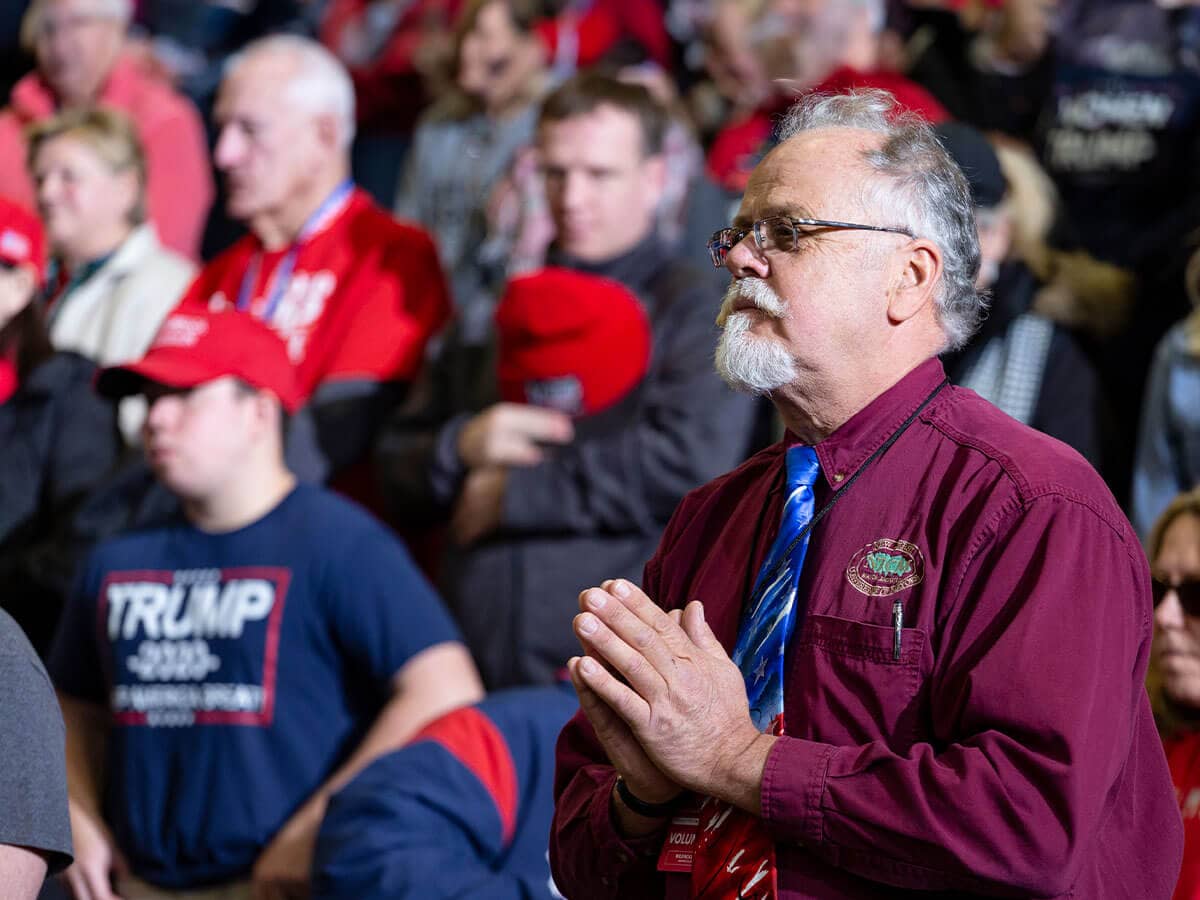In response, Russia's main Jewish organization, the Russian Jewish Congress, accused the Kremlin of pursuing a "divide and rule" strategy.
The new Federation of Jewish Communities of Russia, founded in December, is seen as favored by the Kremlin but representing only a minority of Russia's Jewish community. The culture ministry agreement officially recognizes the group and raises its status to equal that of the older and larger Russian Jewish Congress.
The agreement came after a contested election last week of former New York resident Berl Lazar as chief rabbi of Russia, which triggered accusations of Kremlin meddling in Jewish affairs.
Adolf Shayevich, Russia's chief rabbi since the 1980s, and who is aligned with the congress, insisted again Monday that he remains the only legitimate head of the nation's Jewish religious community and said he objects to the government allowing a minority group to represent them.
Shayevich represents mainstream Orthodox and non-Orthodox Jews in Russia, while Lazar heads the ultra-Orthodox Chabad Lubavitch movement. Most of the estimated half-million Jews in Russia are nonobservant, but the rival religious groups are competing for funding and influence.
The agreement Monday ``won't bring anything good to the Jewish community of Russia,'' Shayevich said.
The agreement also followed the arrest last week of media tycoon Vladimir Gusinsky, president of the Russian Jewish Congress, which is opposed to the Lazar's group.
He was arrested in connection with business dealings ostensibly unrelated to his Jewish charitable work and was held for several days before being released Friday. His supporters say that the Kremlin's backing of the new Jewish group is a slap at Gusinsky, who is locked in a power struggle with Russian President Vladimir Putin, who Gusinsky's media outlets have harshly criticized as undemocratic and corrupt.
The agreement signed Monday allows the new federation a say in the use of Jewish cultural valuables such as manuscripts and historic synagogues, according to Mikhail Gluz, president of the group.
It does not override a similar agreement signed in the early 1990s with the Russian Jewish Congress, said Alexei Barkhatov, director of the Ministry of Culture's consulting department.
Both groups will be consulted on important questions, he said. ``The ministry does not interfere in confessional affairs,'' he said. ``We have an agreement with two independent organizations.''
However, the much larger Russian Jewish Congress said it had not been offered any such agreement.
"It proves beyond any doubt that the government has decided to stick its nose into religious affairs, inside the Jewish community," said a member of the congress, Tancred Golenpolsky.
"The whole thing is part of the anti-Gusinsky campaign," he added.
The Russian Jewish Congress, the oldest and largest Jewish body in Russia, says that the rival federation represents no more than five percent of the Russian Jews.
But the federation counters that its membership includes a majority of strictly observant Jews, a small minority of the Jewish population in Russia. "Our organization is the most representative Jewish body," said spokesman Borukh Gorin.
Commenting on the fact that there are now two chief rabbis in Russia, Culture Minister Mikhail Shvydkoi said the government did not intend to interfere in internal Jewish affairs. "We have good relations with both Mr. Shayevich and Mr Lazar. This issue will be resolved inside the Jewish community," the minister said.
The row started when the federation was the only organization representing Russia's Jews invited to attend Putin's inauguration ceremony as president on May 7.
In late May, the rivalry burst into the political arena when Shayevich accused the Kremlin of trying to seek his ouster in order to weaken Gusinsky.

